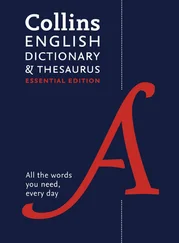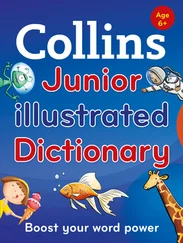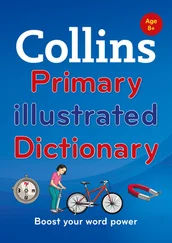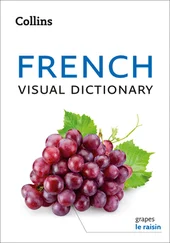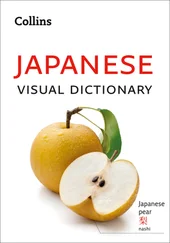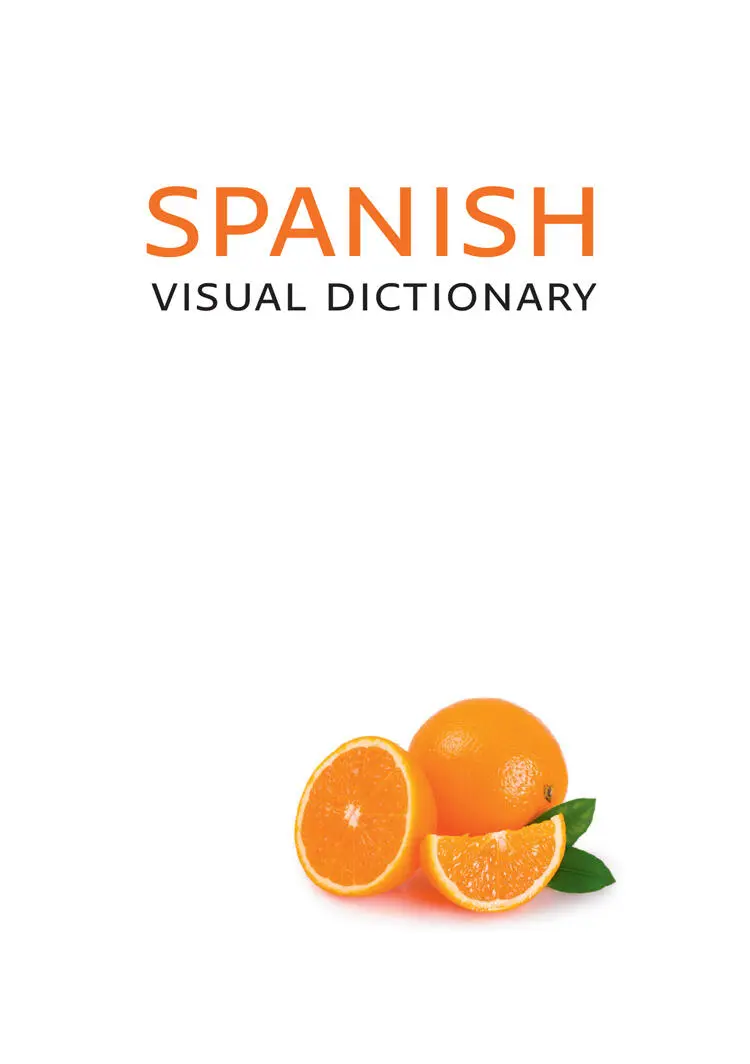
COPYRIGHT COPYRIGHT INTRODUCTION THE ESSENTIALS TRANSPORT IN THE HOME AT THE SHOPS DAY-TO-DAY LEISURE SPORT HEALTH PLANET EARTH CELEBRATIONS AND FESTIVALS ACKNOWLEDGEMENTS PHOTO CREDITS ABOUT THE PUBLISHER
Published by Collins
An imprint of HarperCollins Publishers
Westerhill Road
Bishopbriggs
Glasgow G64 2QT
First Edition 2019
© HarperCollins Publishers 2019
Collins® is a registered trademark of HarperCollins Publishers Limited
Ebook Edition © March 2019
ISBN: 9780008319984
Version: 2019-03-25
All rights reserved under International and Pan-American Copyright Conventions. By payment of the required fees, you have been granted the non-exclusive, non-transferable right to access and read the text of this ebook on screen. No part of this text may be reproduced, transmitted, downloaded, decompiled, reverse engineered, or stored in or introduced into any information storage and retrieval system, in any form or by any means, whether electronic or mechanical, now known or hereafter invented, without the express written permission of HarperCollins.
Entered words that we have reason to believe constitute trademarks have been designated as such. However, neither the presence nor absence of such designation should be regarded as affecting the legal status of any trademark.
HarperCollins does not warrant that any website mentioned in this title will be provided uninterrupted, than any website will be error free, that defects will be corrected, or that the website or the server that makes it available are free of viruses or bugs. For full terms and conditions please refer to the site terms provided on the website.
If you would like to comment on any aspect of this book, please contact us at the given address or online.
E-mail dictionaries@harpercollins.co.uk
 www.facebook.com/collinsdictionary
www.facebook.com/collinsdictionary
 @collinsdict
@collinsdict
COVER
TITLE PAGE
COPYRIGHT
INTRODUCTION
THE ESSENTIALS
TRANSPORT
IN THE HOME
AT THE SHOPS
DAY-TO-DAY
LEISURE
SPORT
HEALTH
PLANET EARTH
CELEBRATIONS AND FESTIVALS
ACKNOWLEDGEMENTS
PHOTO CREDITS
ABOUT THE PUBLISHER
Whether you’re on holiday or staying in a Spanish-speaking country for a slightly longer period of time, your Collins Visual Dictionaryis designed to help you find exactly what you need, when you need it. With over a thousand clear and helpful images, you can quickly locate the vocabulary you are looking for.
The Visual Dictionary includes:
10 chapters arranged thematically, so that you can easily find what you need to suit the situation
images – illustrating essential items
YOU MIGHT SAY… – common phrases that you might want to use
YOU MIGHT HEAR… – common phrases that you might come across
VOCABULARY – common words that you might need
YOU SHOULD KNOW… – tips about local customs or etiquette
USING YOUR COLLINS VISUAL DICTIONARY
In order to make sure that the phrases and vocabulary in the Collins Visual Dictionaryare presented in a way that’s clear and easy to understand, we have followed certain policies when translating:
1) In Spain, “tú” can be used for anyone you are on first-name terms with, as well as when talking to children and young people. It is also generally considered appropriate to use “tú” in shops, banks and so on to address the people working there, particularly if they are young. However, it is best avoided when addressing people in authority or older strangers, unless you are invited to use “tú”, for instance:
Shall we call each other “tú”? ¿Nos tuteamos?
In this dictionary, we have used either “tú” or “usted” depending on what was deemed to be more likely in a given context, for example:
When is your birthday? ¿Cuándo es tu cumpleaños?(informal)
May I ask how old you are? ¿Puedo preguntarle qué edad tiene?(formal)
2) The grammatical gender of Spanish nouns has been indicated using the articles “el” (masculine singular), “la” (feminine singular), “los” (masculine plural) and “las” (feminine plural).
key la llave
building el edificio
curtains las cortinas
shoes los zapatos
When a feminine word in Spanish starts with stressed “a”, it takes the masculine article, rather than the feminine, to make it easier to pronounce. These have been marked with the label f to indicate that it is a feminine word even if preceded by the masculine article “el”:
water el agua f
eagle el águila f
When a Spanish noun has both a masculine and feminine form (as in the case of many professions), both forms are shown:
nurse el enfermero / la enfermera
3) The masculine form of adjectives only has been shown for vocabulary items and in phrases, for example:
happy contento
I’m tired. Estoy cansado.
Remember that, in Spanish, the adjective often changes depending on whether the noun it describes is masculine or feminine. Often the ending of the adjective changes from “o” to “a”, so “cansado” becomes “cansada”, although there are some adjective endings that behave differently.
Plural forms of both adjectives and nouns are generally formed by adding “-s” or “-es” to the end of the word:
The girls are tired. Las niñas están cansadas.
However, some words, among them the days of the week, are the same in both singular and plural:
the umbrella el paraguas
the umbrellas los paraguas
I’m busy next Monday Estoy ocupado el próximo lunes.
I’m always busy on Mondays. Siempre estoy ocupado los lunes.
When an adjective or noun ends in “-z”, the plural form becomes “-ces”:
feliz=> pl felices
FREE AUDIO
We have created a free audio resource to help you learn and practise the Spanish words for all of the images shown in this dictionary. The Spanish words in each chapter are spoken by native speakers, giving you the opportunity to listen to each word twice and repeat it yourself. Download the audio from the website below to learn all of the vocabulary you need for communicating in Spanish.
www.collinsdictionary.com/resources
THE ESSENTIALS| LO ESENCIAL
Whether you’re going to be visiting a Spanish-speaking country, or even living there, you’ll want to be able to chat with people and get to know them better. Being able to communicate effectively with acquaintances, friends, family, and colleagues is key to becoming more confident in Spanish in a variety of everyday situations.
Читать дальше
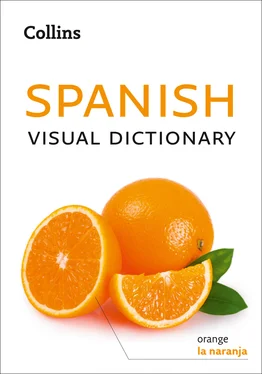

 www.facebook.com/collinsdictionary
www.facebook.com/collinsdictionary @collinsdict
@collinsdict